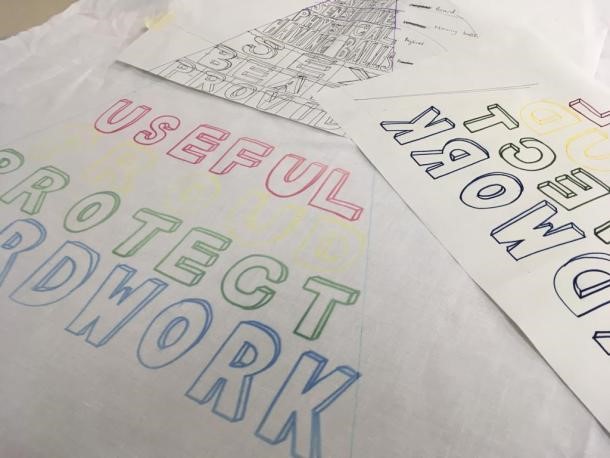Director’s Blog: Protect & Provide – is mental health gendered?
If you’ve been wondering what gender norms are, why they matter, and why we’re linking them to mental health, then this is the post for you!
When we talk about gender norms, what we’re referring to is the set of expectations that we feel that society has established for how we should behave – whether we’re a man or a woman.
Now you may think, well we’re all individuals; there’s no single masculinity or femininity ‘Box.’ And in fact, recent research from Universities in Israel and Switzerland indicates that ‘there is no such thing as a female or male brain,’ with most people having a ‘mix of male and female brain features.’
Whilst this radical discovery about our internal make-up may be true, it doesn’t change the fact that some striking trends around mental health seem to fall along gendered lines.
On the one hand just over three out of four suicides are by men and suicide is the biggest cause of death for men under 35, whilst men are three times as likely to report frequent drug use as women & more than two thirds of drug-related deaths occur in men.
On the other hand the British Medical Journal has reported that self-harm reported to GPs among teenage girls under the age of 17 in the UK has increased by 68% over just 3 years, with NHS figures indicating that among young people aged 10-19, self harm is three times more common among girls than boys, with those who self-harmed at much greater risk of suicide.
The co-author of the Millennium cohort Study, Emla Fitsimons , said, ‘We certainly need to be looking at how the use of social media and cyber-bullying may affect girls and boys differently.’
If girls and boys are not such clearly distinct groups in terms of the way their brains work, one hypothesis we could make is that they grow up in society feeling different pressures about how they’re supposed to be. This may be something that happens in a completely unconscious way as we see images, clothing, role models and hear messages directed differently to girls, boys, men and women.
The research that informed the brand-new artwork in our exhibition Men’s Voices: Stepping Out of the Box paints an interesting picture of this. In summer 2017, Changing Relations’ artists asked men and boys participating in a series of creative workshops what it meant to be a man. We collated the most frequently used words and put them to a wider pool of men, asking which they’d use to describe themselves. The words shown in the work-in-progress image of Polly Turner’s textile piece (below) were the top 5 most frequently used: hard work; protect; proud; useful; and provide.

Work-in-progress: stereotypical words men still use to describe themselves
Protect & provide. Classic stereotypes of what we expect from a man. But what does it tell us? It points to the way in which we absorb the social norms of gender: I’m a man, therefore I should be like this; or indeed, you’re a man, therefore I’m expecting you to be like this. We would ask whether it is possible that trying to live up to the stereotype of how you are supposed to be as a man contributes to the picture of mental ill health depicted by the statistics?
Our project began by listening to men and boys, which is why our exhibition started out as Men’s Voices. The experience of engaging teenage girls in this content and noticing the way in which their identity and aspirations were very much defined in contrasting relation to the stereotypical ‘man box’ encouraged us to take our artwork on a developmental journey.
As the work tours from The Witham to Locomotion and Killhope, we’ll be building a body of new work, together with local boys and girls that seeks to raise questions of gender norms more broadly. We will shine a light on how they risk causing difficulty for all of us if we apply them too rigidly. We’ll also explore how traditional views of masculine and feminine gender roles are seen from the LGBT+ perspective.
At the same time, we’ll be holding a series of panel talks that explore the subject of gender norms from a range of angles. In the first – at The Witham, in Barnard Castle at 1.30 pm on Saturday 16th February – we’ve selected a fascinating range of experts to help us unpick the extent to which gender norms affect our mental health.
The big question on our minds is whether mental health would be completely gender neutral if it weren’t for all the societal messaging around what it means to be a man or a woman.
We’d love to know what questions you would ask our panel! Tweet us with your questions at @changerelations by midnight on Thursday 14th February – using the hashtag #mensvoices – if you’d like us to put it to one or all of our speakers!
We’d also love to give you chance to express your own thoughts on the subject creatively with the support of Spoken Word Artist Tony Gadd. This workshop is free when you buy a panel talk via The Witham’s Box Office.


